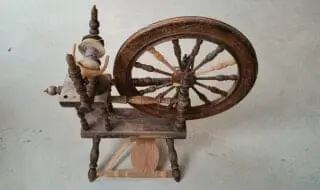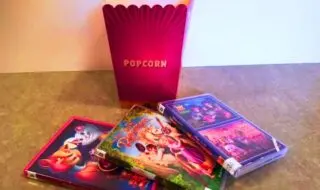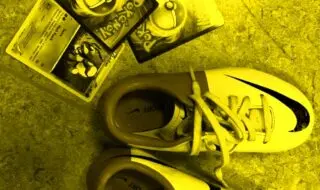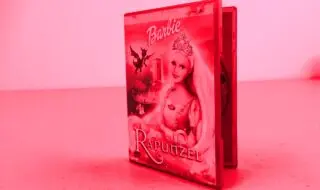Ikke bare greit? Digital fortelling
Vest-Agder-museet har i nærmere ett år arbeidet med et svært tabubelagt tema: fattigdom.

Vest-Agder-museet har i nærmere ett år arbeidet med et svært tabubelagt tema: fattigdom.

The municipalities offer various benefits and programs to help low income families cope with everyday life. Below, we have gathered information from a few municipalities, from east to west.

This is a story about my great-great-grandmother Maria, my great-grandfather Bernt Elias, and my maternal grandmother Magda. Mostly, it is about not knowing one’s family history, and about starting to untangle a few threads in it.

Already in the Middle Ages there were laws that assigned responsibilities for poor people, within families as well as for the local community.

Man, 29, asylum seeker: «I started school when I was about 10, but I could not attend a regular school because I had to work during the day to earn some money to give to my mother, to buy food and clothes, pay the house rent and other expenses.»

Single mother, 28: «Singel I saw this link on Facebook, and I don’t really know if it’s right for me describe myself as poor. I’m 28 years old, and a single mother of a seven-year-old boy. Things are very hard for me, and they have been for a while.«

Single mother, 44: «For me, every day is about making the best out of my situation for the sake of my children. I spend plenty of time and mental energy on finding alternative activities and things to buy».

Man, 31: «You only want the best things for your kids. I prefer to pay for football gear instead of other expenses».

Woman, 50: Christmas is a difficult time, and I dread it every single year. I cannot afford to buy Christmas gifts to the children. If they need new clothes, I tell them to wait until after the holidays, so I can get them at the New Year sales.

Poverty is still an important subject for our community, since it affects more than 10 % of our inhabitants. It is the topic of our new exhibition “Not All Good? Being Poor in Southern Norway”.